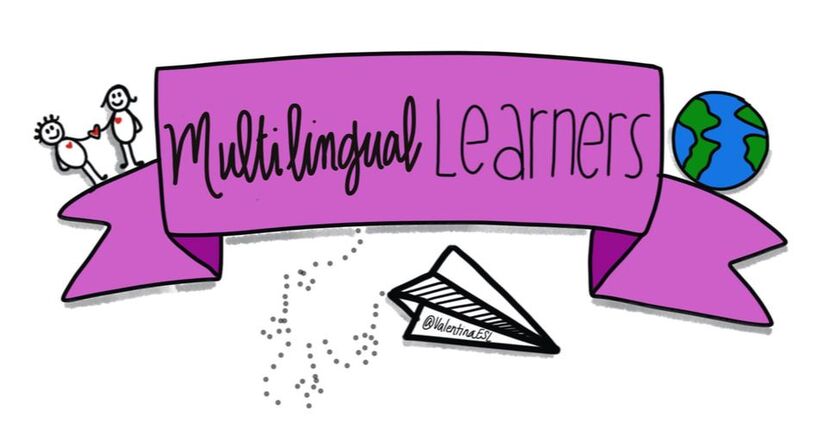The F-Word. Fidelity & Why it May Be a Fallacy for EL InstructionBuzzwords in education are like mosquitos. They are here for a while and during that time they become very annoying. Lately, many educators are hearing one certain F word frequently in regard to programs and curriculum. FIDELITY This f-word has been rather annoying over the past year or more as I’ve traveled and worked with teachers around the nation discussing instruction and second language acquisition.
If you look up the word fidelity in the dictionary, here are some examples of what you might find:
Is this problematic for the instruction of English Learners (ELs) or Multilingual Learners (MLs)? Let’s explore. If an educator is given a resource, program, or curriculum to follow and told to execute it with fidelity, then the teacher would be asked to strictly follow the plan as it is written. However, canned textbooks and programs know little about the students that sit in our classrooms. They have no way of understanding the needs of every child we see. If we follow a program with fidelity then we do not deviate from the script. We do not make exceptions. We do not address how the learners meet the learning. These programs may provide starting points and frameworks but should never be the sole source of input. Fidelity like this is not equitable for ELs/MLs because their instruction requires that we accommodate instruction based on their linguistic needs. Accommodations help ELs/MLs meet linguistic and academic goals. Over and over again we must beat the drum and remind our colleagues that there is no silver bullet and that MLs have a right to accommodated instruction in every content area. A few years ago I had a student that needed the assistance of an FM unit in order to hear. Every day I wore the unit that communicated directly to the student’s earpiece so he could hear the lesson clearly. Never did I consider not wearing the unit because it was cumbersome or didn’t match my outfit. I knew he needed it in order to participate fully in the learning. I would not opt out of wearing it. After all, it was not only required but the child would not be able to access the learning without the support of the FM unit. Much like wearing an FM unit for a child to hear the lesson, linguistic accommodations are not a choice. They may feel like an additional or new thing we need to do, but essentially accommodating instruction and infusing language into lessons will benefit many if not all learners. Will fidelity to the program:
Fidelity to a program or curriculum is often not equitable for ELs/MLs so we as educators should instead combine all the resources we have including linguistic information to create the best instructional environment for our learners. Are there times when fidelity is important? Yes, there are, especially in educational research when we want to discover the validity of our findings. Perhaps we could also have fidelity to our common goals as educators. We must also be exact when administering standardized assessments. Fidelity is important to assure that the findings are reliable. If one teacher administers the assessment and allows students to collaborate while other teachers require students to work independently, the findings would not be reliable. Proceed with caution when you hear the F-word. Comments are closed.
|
Categories
All
|


 RSS Feed
RSS Feed
